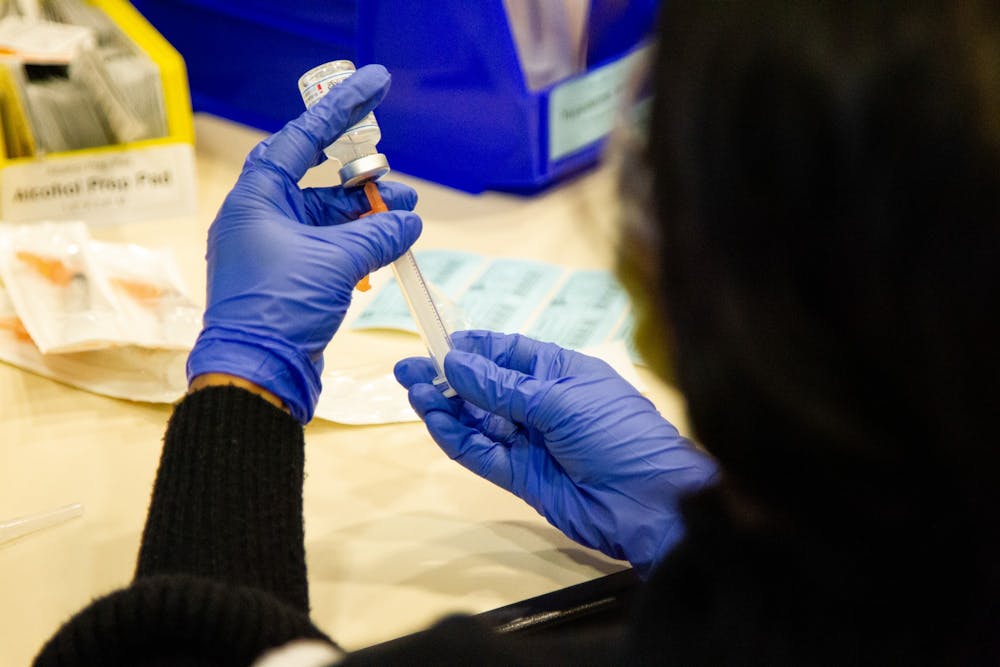The original COVID-19 strain was daunting on its own, with record hospitalizations and countless deaths. With the rise in variants of coronavirus, the fear surrounding it hasn’t slowed down.
So what is the delta variant, and what does it really mean for post-pandemic life?
What is the delta variant?
Most viruses constantly change through mutation, which differentiate them from other variants in circulation. Multiple variants of SARS-CoV-2, better known as COVID-19, have been documented not only in the U.S., but also across the globe.
The delta variant is currently the predominant variant in the U.S., according to the Centers for Disease Control and Prevention, and has caused a significant increase in new cases — reversing what was a steady decline since January.
The symptoms of the delta variant appear to be the same as the original strain of COVID-19; however, doctors have seen that individuals may experience these symptoms at a faster rate.
How serious is it?
The delta variant has been identified to be more than two times contagious as previous variants. Some data has suggested that the variant may cause more severe illness than previous variants in unvaccinated individuals. While unvaccinated people pose the greatest risk of transmission, breakthrough infections across vaccinated people are also possible.
Researchers have identified that individuals infected with the delta variant caused a higher viral load — or amount of virus in the body — than other variants of the virus. People with high viral loads are more likely to transmit the virus to others.



